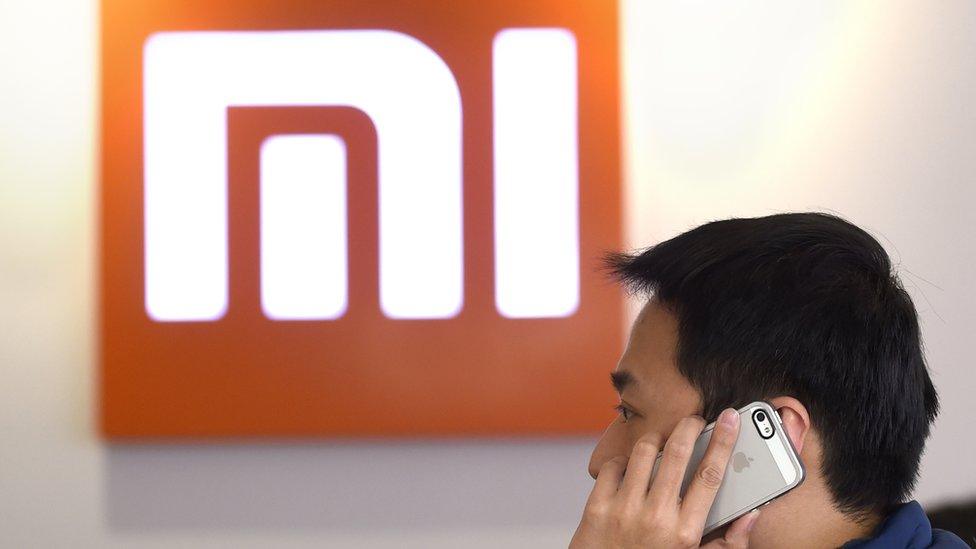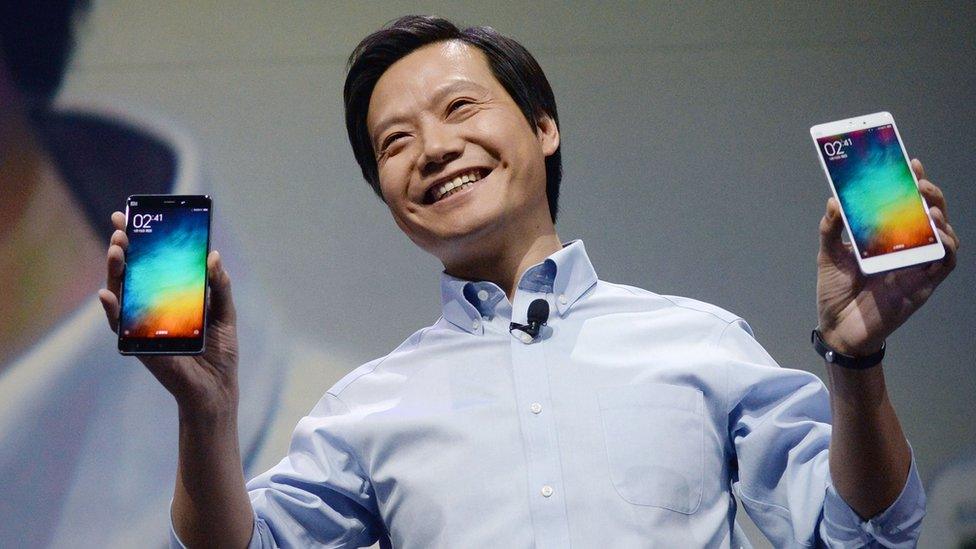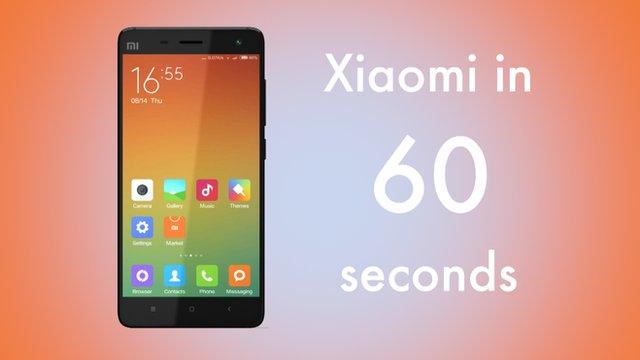Xiaomi's trading debut in Hong Kong disappoints
- Published

Shares in Chinese smartphone maker Xiaomi suffered a lacklustre first day of trading in Hong Kong, dropping 6% at first before recovering some ground.
The world's fourth-largest smartphone maker raised $4.7bn (£3.5bn) - just over half the target it had hoped for - valuing the company at $54bn.
As the first of many Chinese tech firms to list in Hong Kong in 2018, it marks a disappointing start for the sector.
Chinese stocks have fallen recently in the lead up to the US-China trade war.
Xiaomi's trading debut was the biggest technology share sale since fellow China tech giant Alibaba raised $25bn in 2014.
It was also being seen as an important tech listing for Chinese peers scheduled to make their own initial public offerings in the coming months.
They include online food delivery and ticketing platform Meituan Dianping and entertainment giant Tencent Music, which both plan to list their shares on the Hong Kong stock exchange later this year.
But shares in Xiaomi, the firm often called China's Apple, fell from HK$17 to as low as HK$16 in the first hour of trade, although the price recovered to close at HK$16.80.
Global ambitions
Outside its home market in China, Xiaomi is a major player in India where it rivals Samsung as the most the popular handset maker.
Last year, Xiaomi moved into the Spanish market and reports suggest it is also looking to get into the US to take on Apple.
While smartphones make up 70% of Xiaomi's revenue, its fastest-growing division focuses on internet-connected home appliances and gadgets, including air purifiers and rice cookers.
Despite sales of 114.62bn yuan (£13.2bn; $18bn) in 2017, the firm reported a net loss of 43.9bn yuan compared with a net profit of 491.6bn yuan in 2016.
Xiaomi also faces stiff competition from the likes of Apple, Huawei, Lenovo and Samsung, as well as local mobile phone makers Vivo and Oppo.
Its Hong Kong share listing comes as Chinese stock markets have been on the defensive amid growing trade tensions between the US and China.
On Friday, the US fired the opening shot in an outright trade war between the two economic giants.
Against that backdrop, Hong Kong's benchmark Hang Seng index fell 2.7% last week and is down 5.8% so far this year.
The trade tensions have also affected confidence among investors in mainland China, with the Shanghai Composite also down sharply this year.
- Published3 May 2018

- Published12 January 2017

- Published5 May 2015
